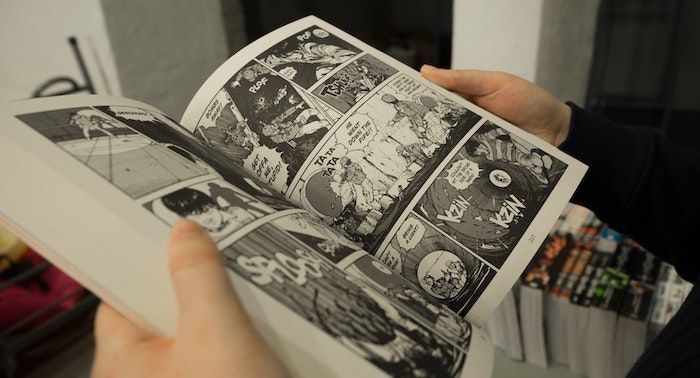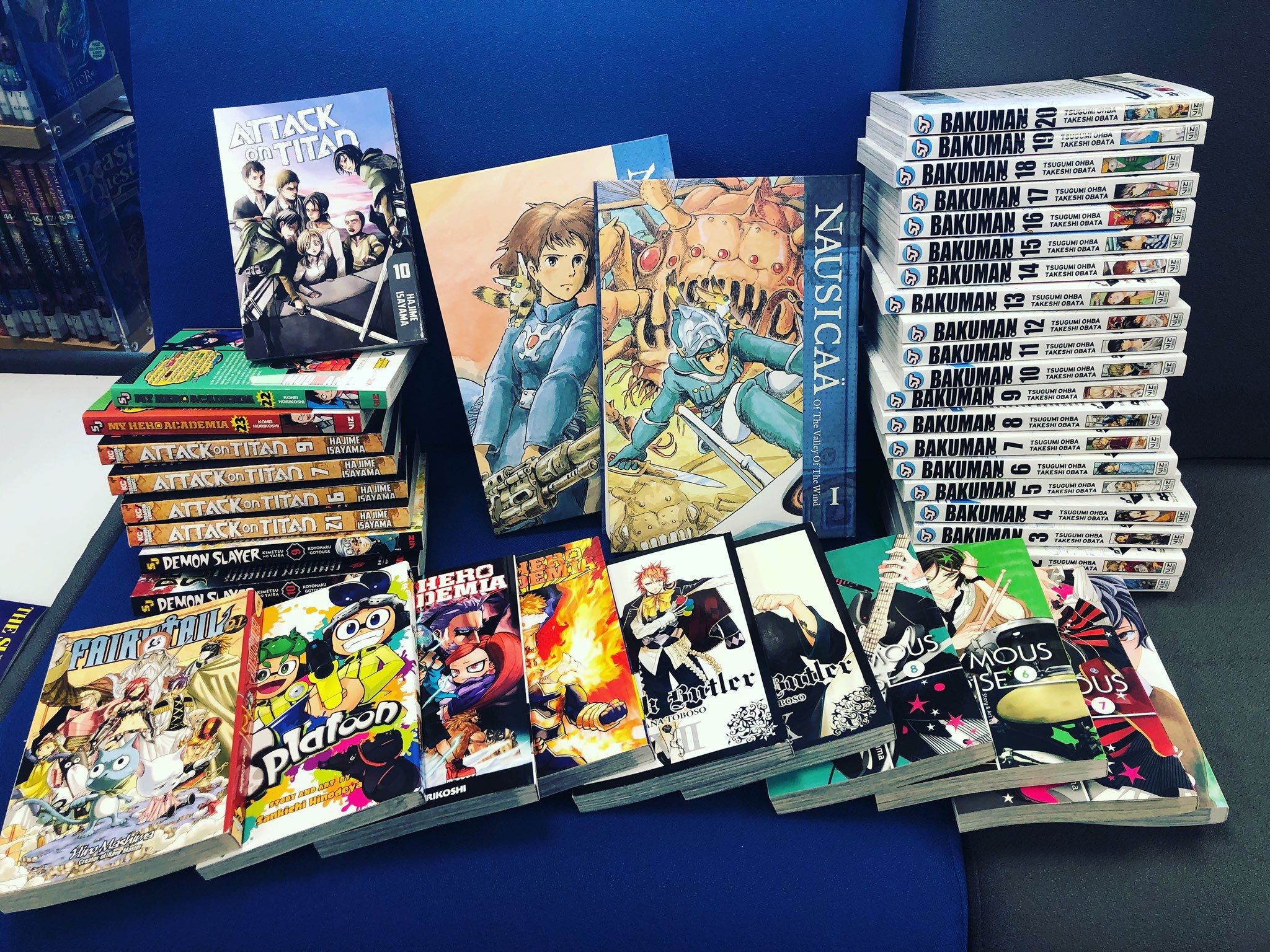
Comic Books Don’t Count As Reading & Other Lies People Tell You
As a high school librarian, I’m always trying to get teens reading, especially comic books. After we returned to schools here in the UK and I was able to open up the library once again, I found that students were craving comics more than they ever had. It was a unique experience for me, yes we had purchased more comics for the library but the demand was so great I wasn’t able to keep up.
I’ve written before on the positive impact comics have on your brain. I want to discuss some of the ways I’ve seen students interact with comics in the library I manage and how I’ve seen them grow over the past year.
Comic Books as Alternatives
The lie: comics don’t count as reading.
First, there is a huge stereotype surrounding comics. This prevails even amongst teachers in schools who, often short on time and energy, are only privy to what I call “supermarket” books. These are books by authors that are everywhere, movies have been made about them, they exist so strongly in our world that you can’t escape them. They could also be called “Star Wars books” because even if you’ve never seen any of those films, you’ve heard those two words put together in a sentence. Faced with this, parents and teachers often assign value to these books. “They are super popular, so they must be great.”
I’m not saying kids shouldn’t read them, I’m saying schools need a librarian to show them all of the amazing alternatives out there.
Comic books are among these alternatives. They count as reading. I also don’t care if teens don’t move on from comics. That seems to be a big worry amongst teachers and parents. “Yes, let them read comics but move them on to something else.” Why? If you want more complex language, there are plenty of comics out there, ask your librarian. If you don’t have one, access your public library. If you don’t have one of those, hopefully you have a independent bookshop or comic bookshop near you that has someone who can help. If you have none of those, then access social media. There are loads of librarians, myself included, who love helping people on Twitter find great alternative book titles.
Comic Books Can Expand Your Mind
The lie: comic books don’t challenge readers.
In reality, comic books actually expand a student’s word bank. With the combination of images and text, it provides unique context for the reader to acquire new language skills.
Comic books and manga have also changed the way I run the library and interact with the teens I serve. I run a weekly manga club which is very popular. We watch films, do Japanese-based crafts and games and of course discuss manga. I don’t read every manga we have, but I try to read the first of every series to get the gist of them. This club has evolved over the eight years I’ve run it into a community of amazing students that range from ages 11 to 18. There is no other setting in the school where these ages will happily meet on their own accord. In the past I’ve had the older students run the program, something I’m excited about doing again next school year.

With comics, I’ve used them extensively this year with our students who have disabilities. They aren’t as intimidating as “regular” books because they are typically thinner. In addition, the text is always broken up by colourful imagery. Children who struggle to identify emotions in others can use comic books to understand how others are feeling and why.
Comic Books Give a Sense of Accomplishment and Connection
The lie: comics are “only” good for entertainment.
Students who struggle to finish a book will have a sense of accomplishment after they completing a comic book. Having this feeling of achievement is crucial in getting students coming back for more. Comic books are often placed into series as well, meaning students will want to finish the series to find out what’s happened. I hate the term “reluctant reader,” but in this case comics can turn someone who thinks they hate books into someone who can’t get enough.
In my experience, students who read comics do so for the peer-to-peer engagement. This partly explains the ravenous approach to comic book borrowing I’ve seen over the past year. Teens are grabbing comics, reading them before lunch and then returning them, only to have their friend behind them asking to borrow it so they can come back to the library after school or at lunch and discuss them. Again, series are great for this. I’ve seen this happen time and time again this year and it makes me very happy to see.
There are so many unique comic book genres out there that teens can find whatever they want to read, they can dive into any world they like. I still get frustrated at the “comics don’t count” argument because it is there. By having more school librarians in schools, we can help drown these voices out and ensure kids have the most important thing of all when they step into a library, choice.











